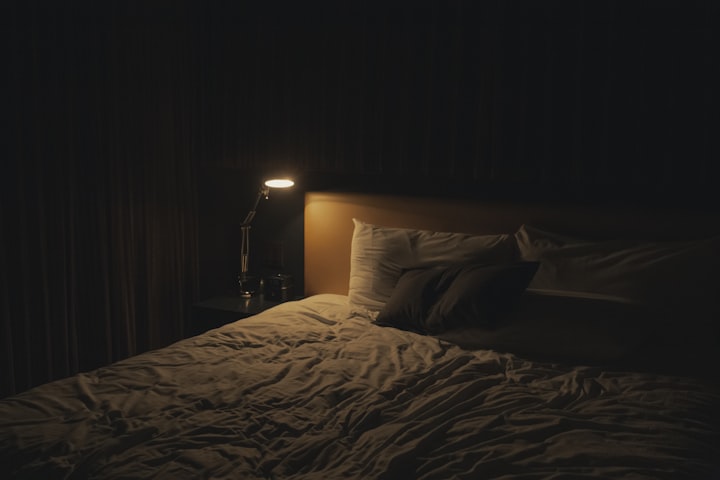Managing Prostate Enlargement: 4 Essential Tips for a Successful Recovery
Remember 4 Key Points to Recovery from Prostate Enlargement

At 50, Peter had been noticing difficulty urinating over the past few months. His urine flow was weak, and he experienced increased frequency and nocturia (waking up multiple times at night to urinate). Initially, he thought it might be due to an improper diet or unhealthy lifestyle habits, so he tried adjusting his diet and lifestyle.
However, the situation did not improve but rather worsened. He started experiencing urgency and pain during urination, prompting him to seek medical attention. After an examination at his local hospital, Peter was diagnosed with an enlarged prostate, also known as benign prostatic hyperplasia (BPH).
The male reproductive system contains an important gland called the prostate, located below the bladder and in front of the rectum. Its main function is to secrete fluid, which makes up a major component of semen and is crucial for male reproductive health. Prostatic fluid helps transport and nourish sperm, ensuring normal male fertility. However, as men age, some may develop an enlarged prostate.
BPH is a non-cancerous condition where the organ becomes enlarged. While BPH itself does not cause cancer, the enlarged organ can put pressure on the urethra and bladder, leading to urinary problems. Although common, BPH is generally not life-threatening.
Common symptoms of BPH include:
1. Urinary frequency: Frequent urination, sometimes having to go to the bathroom several times a day due to bladder pressure.
2. Urinary urgency: A sudden, strong urge to urinate, often appearing within a few minutes before going to the restroom due to bladder pressure.
3. Inadequate urination: Residual urine in the bladder after urination, resulting in the feeling of incomplete urination.
4. Difficulty urinating: Slow flow of urine or the need to strain to urinate due to compression or contraction of the urethra by the enlarged prostate.
Treatment Methods
1. Drug Therapy: This is one of the most commonly used treatment methods. Medications typically include alpha-1 blockers, 5-alpha reductase inhibitors, anticholinergic drugs, and PDE-5 inhibitors. Patients may also choose traditional Chinese medicine such as Diuretic and Anti-inflammatory Pill to eliminate urinary symptoms and restore normal life.
2. Surgical Treatment: If medication is ineffective or symptoms are very severe, surgical treatment may be an option. Surgical methods include:
- Prostatectomy: This surgery removes prostate tissue to alleviate pressure and reduce urinary symptoms.
- Transurethral resection (TURP): This procedure involves removing tissue through the urethra, typically used for moderate to severe symptoms.
- Percutaneous Puncture Prostate Ablation (TUMT): This involves thermal ablation to alleviate urinary symptoms, but may require multiple treatments.
- Laser prostatectomy: This uses laser thermal energy to remove prostate tissue, potentially requiring multiple treatments.
Adopting a healthy lifestyle is also crucial in managing BPH. Consider the following points:
1. Dietary Precautions: A healthy diet is key to prevention. Reduce alcohol consumption and caffeine intake, avoid spicy, stimulating, and high-fat foods. Increase intake of high-fiber foods, vegetables, and fruits to maintain intestinal health.
2. Regular Exercise: Regular exercise can help alleviate symptoms. Engaging in appropriate physical activities promotes blood circulation, relieves stress, and helps maintain a healthy weight. Experts suggest at least 150 minutes of moderate-intensity aerobic exercise per week, such as jogging, brisk walking, or swimming. These exercises can improve metabolic levels, enhance cardiovascular function, and boost the immune system, maintaining overall health and mental well-being.
3. Adequate Sleep: Sufficient sleep can help alleviate nighttime urination problems. Ensure good sleep quality and try to avoid drinking water before bed.
4. Reducing Stress: Lowering stress levels can help manage symptoms. Utilize relaxation techniques, meditation, and yoga to alleviate stress and anxiety. Consider reducing workload, increasing rest time, and participating in support groups to further reduce stress.
About the Creator
Amanda Chou
Looking to restore your life troubled by prostatitis, epididymitis, seminal vesiculitis and other male reproductive system diseases? Here are the resource to help you in this endeavor.
Enjoyed the story? Support the Creator.
Subscribe for free to receive all their stories in your feed. You could also pledge your support or give them a one-off tip, letting them know you appreciate their work.






Comments
There are no comments for this story
Be the first to respond and start the conversation.